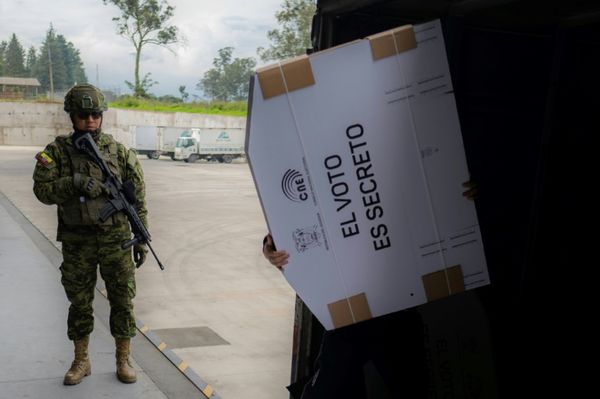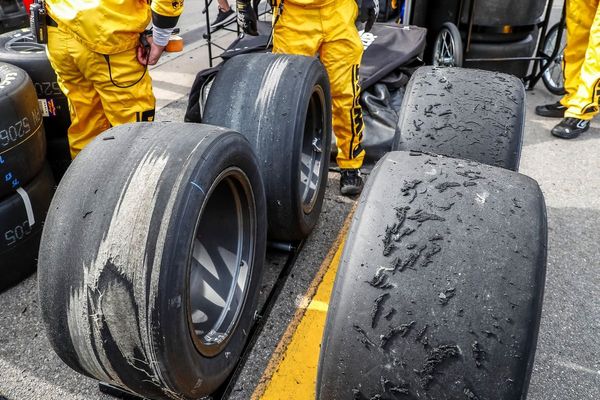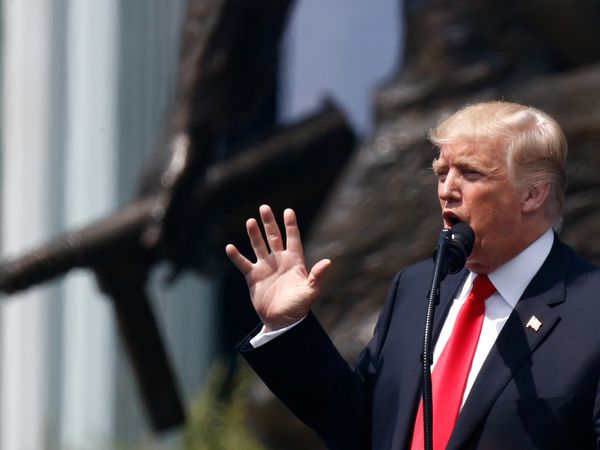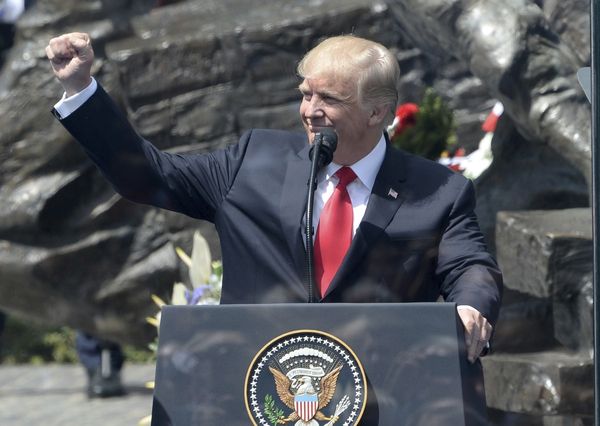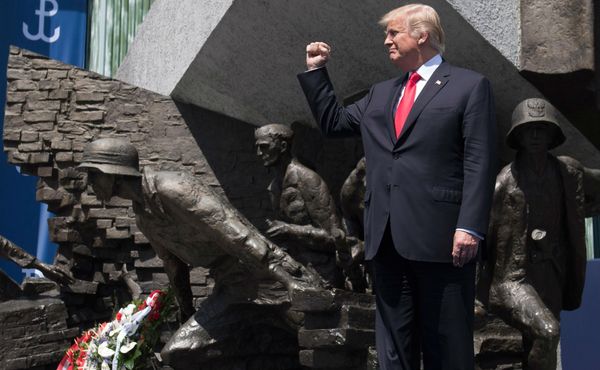
Donald Trump used the word “civilisation” 10 times in his first speech in central Europe. The man who brought us “America first” has expanded his vision, to a clash of civilisations.
And at a time of anxiety over America’s role in the world, the message was clear: the US is still the leader of western civilisation, whether western civilisation wants it or not.
The crowd gathered in Warsaw – many arriving on free buses laid on by Poland’s conservative ruling party – seemed happy enough at this prospect. They chanted “Donald Trump! Donald Trump!”, echoing one of his barnstorming rallies in the homeland. From Britain, the former UK Independence party leader Nigel Farage quoted the speech approvingly on Twitter.
But Trumpsceptics across Europe are unlikely to have been impressed by a speech of two halves: a reassuring pledge of support for Nato and dig at Russia mixed with coded – and sometimes not so coded – warnings that the barbarians are at the gate.
“Americans, Poles, and the nations of Europe value individual freedom and sovereignty,” said Trump, wearing his customary red tie. “We must work together to confront forces, whether they come from inside or out, from the south or the east, that threaten over time to undermine these values and to erase the bonds of culture, faith and tradition that make us who we are.
“If left unchecked, these forces will undermine our courage, sap our spirit and weaken our will to defend ourselves and our societies.”
It was not hard to detect the voice of the White House chief strategist, Steve Bannon, the nationalist-nihilist who once promised that the Trump era would be “as exciting as the 1930s” and is a student of The Fourth Turning, a book that argues history moves in cycles and America is on the brink of its latest violent cataclysm.
Nor was it hard to see the hand of Trump’s speechwriter Stephen Miller, principal author of Trump’s inaugural address in January, in which the word “America” appeared even more frequently than “civilisation” did this time, most notoriously as “American carnage”.
Speaking at Krasiński Square – which memorialises the Warsaw uprising against Nazi occupation – Trump tried to conflate Poland’s second world war history with the defence of western traditions.
“The people of Poland, the people of America, and the people of Europe still cry out ‘We want God’,” he said.
In 1939, Trump recalled, Poland was invaded by Nazi Germany from the west and the Soviet Union from the east. “That’s trouble,” it occurred to him. “That’s tough.”
He made reference to the Katyn massacre, the Holocaust, the Warsaw ghetto and the murder of millions of Poland’s Jewish citizens. Then came four decades of communist rule.
From there, Trump tried to make the leap to contemporary external threats including terrorism and extremism, propaganda, financial crimes and cyberwarfare. In a paragraph guaranteed to please Republican hawks at home, he offered rare criticism of Vladimir Putin, urging Russia to end its destabilising activities in Ukraine and elsewhere, and its support for hostile regimes including Syria and Iran.
But then came a bizarre pivot to Bannon’s stated goal: the deconstruction of the administrative state.
“This danger is invisible to some but familiar to the Poles: the steady creep of government bureaucracy that drains the vitality and wealth of the people,” Trump said. “The west became great not because of paperwork and regulations but because people were allowed to chase their dreams and pursue their destinies.”
It would have been hard to imagine Ronald Reagan declaring: “Mr Gorbachev, tear down this wall of bureaucracy!”
Trump changed gear to more traditional ground for US presidents in Europe. He praised the “community of nations” and said the bond between the US and Europe was maybe “even stronger” than ever. Despite his own war on the media, he heralded “the right to free speech and free expression”. He spoke of empowering women and valuing the dignity of every human life. And finally he threw his weight firmly and explicitly behind Nato’s article five, the mutual defence commitment.
Nevertheless, this was a speech about reassuring doubters around the world that America is still flying the plane, even if the passengers would prefer Barack Obama to be the pilot. The implication that cultural essentialism and national purity face existential threats hovered ominously throughout.
In what the pro-Trump Fox News called “a staunch defence of western values during a rousing speech”, the president insisted: “The fundamental question of our time is whether the west has the will to survive.
“Do we have the confidence in our values to defend them at any cost? Do we have enough respect for our citizens to protect our borders? Do we have the desire and the courage to preserve our civilisation in the face of those who would subvert and destroy it?”
A few minutes later, he answered his own questions: “Just as Poland could not be broken, I declare today for the world to hear that the west will never, ever be broken. Our values will prevail. Our people will thrive. And our civilisation will triumph.”
Trump was following in a long line of American presidents who made historic addresses in Europe, including John F Kennedy (“Ich bin ein Berliner”) and Reagan. But his attempt to set out a Trump doctrine will be remembered not for a quotable zinger but for muddled thinking and dark nativism.




